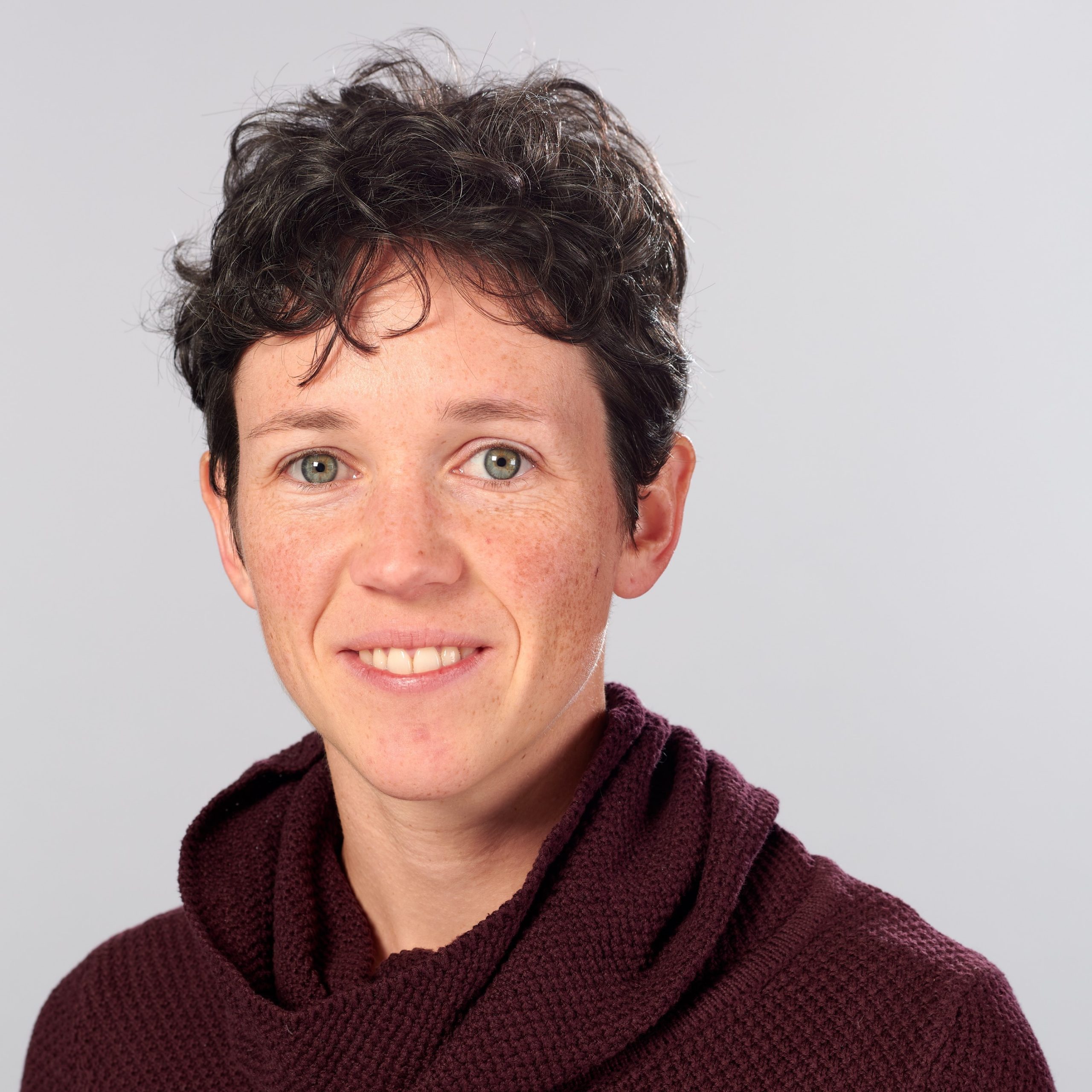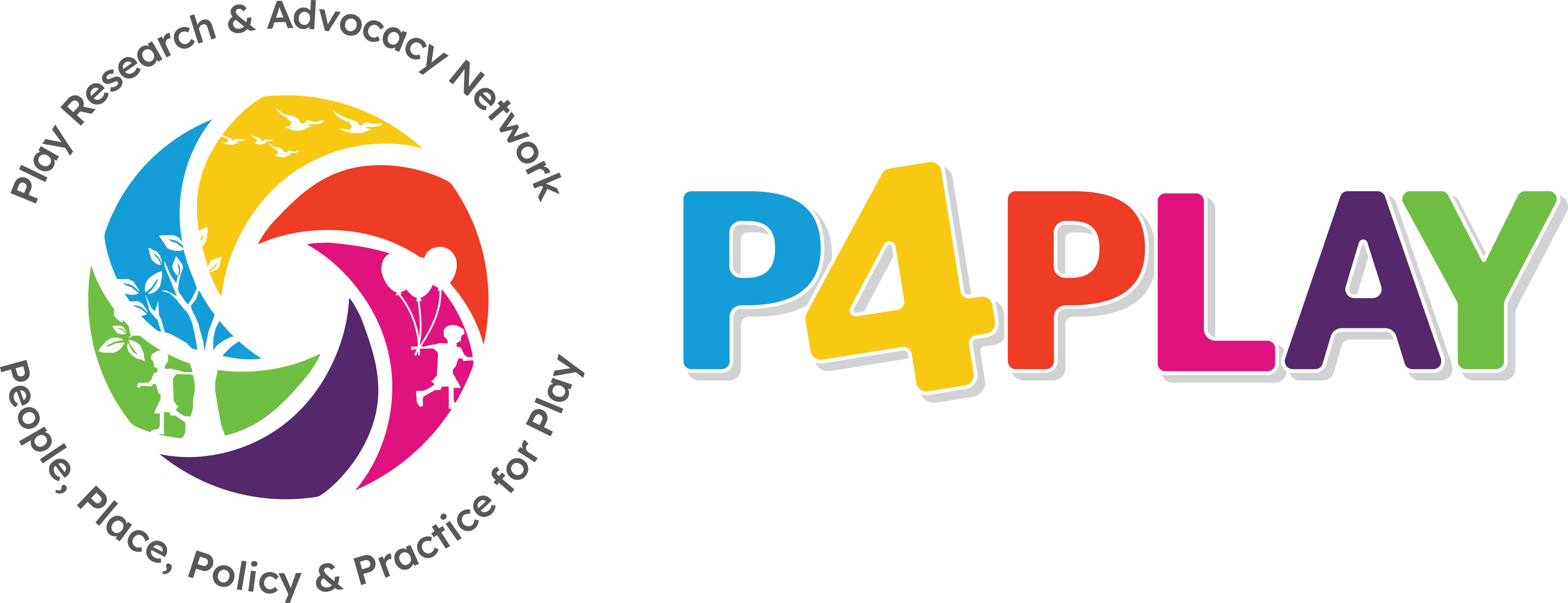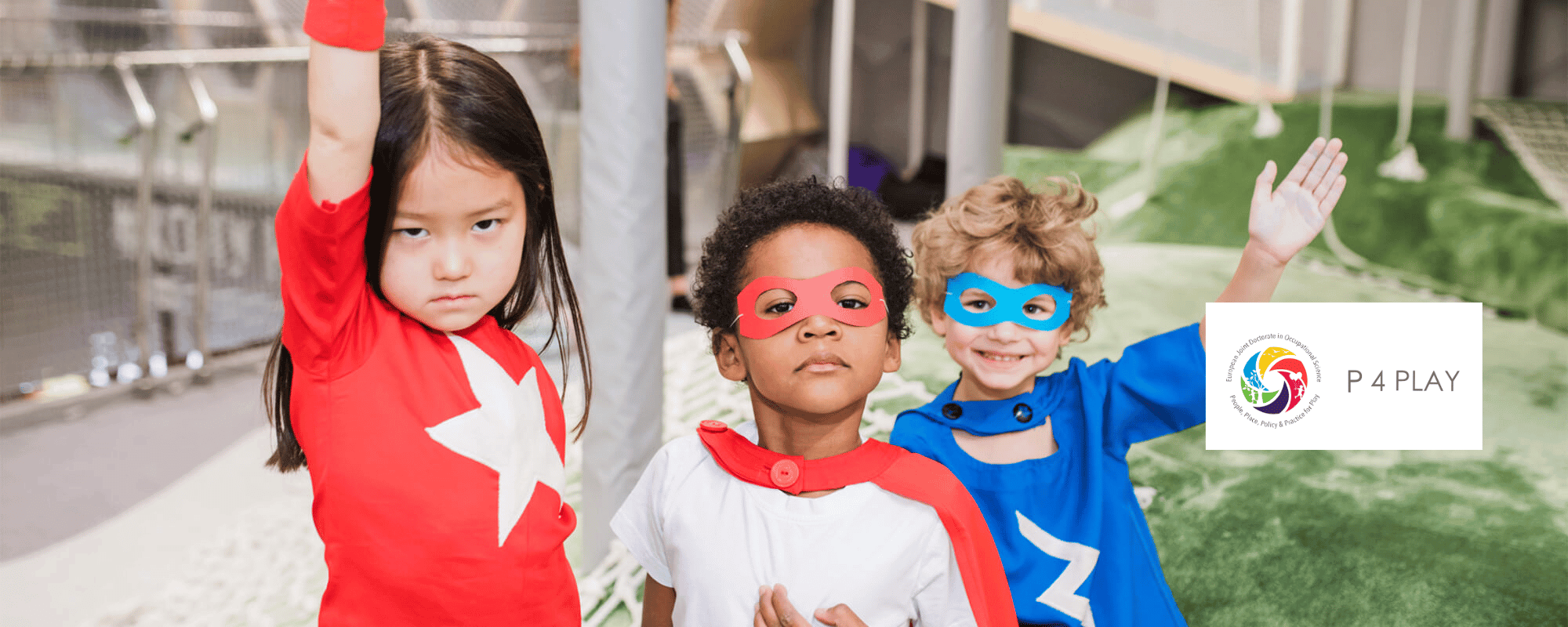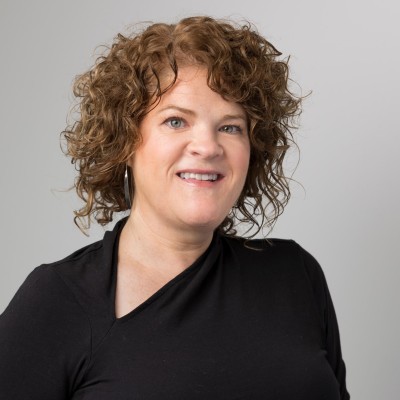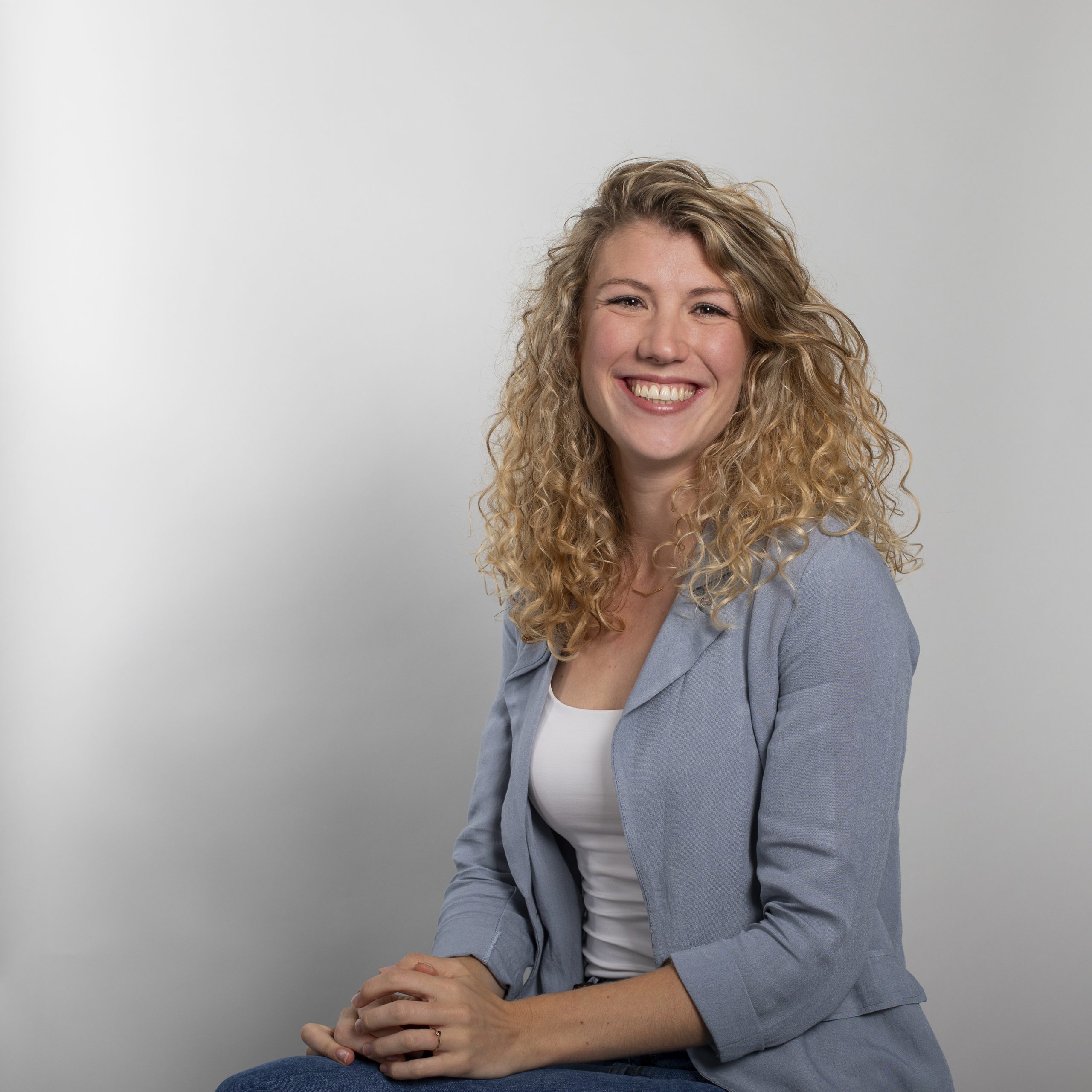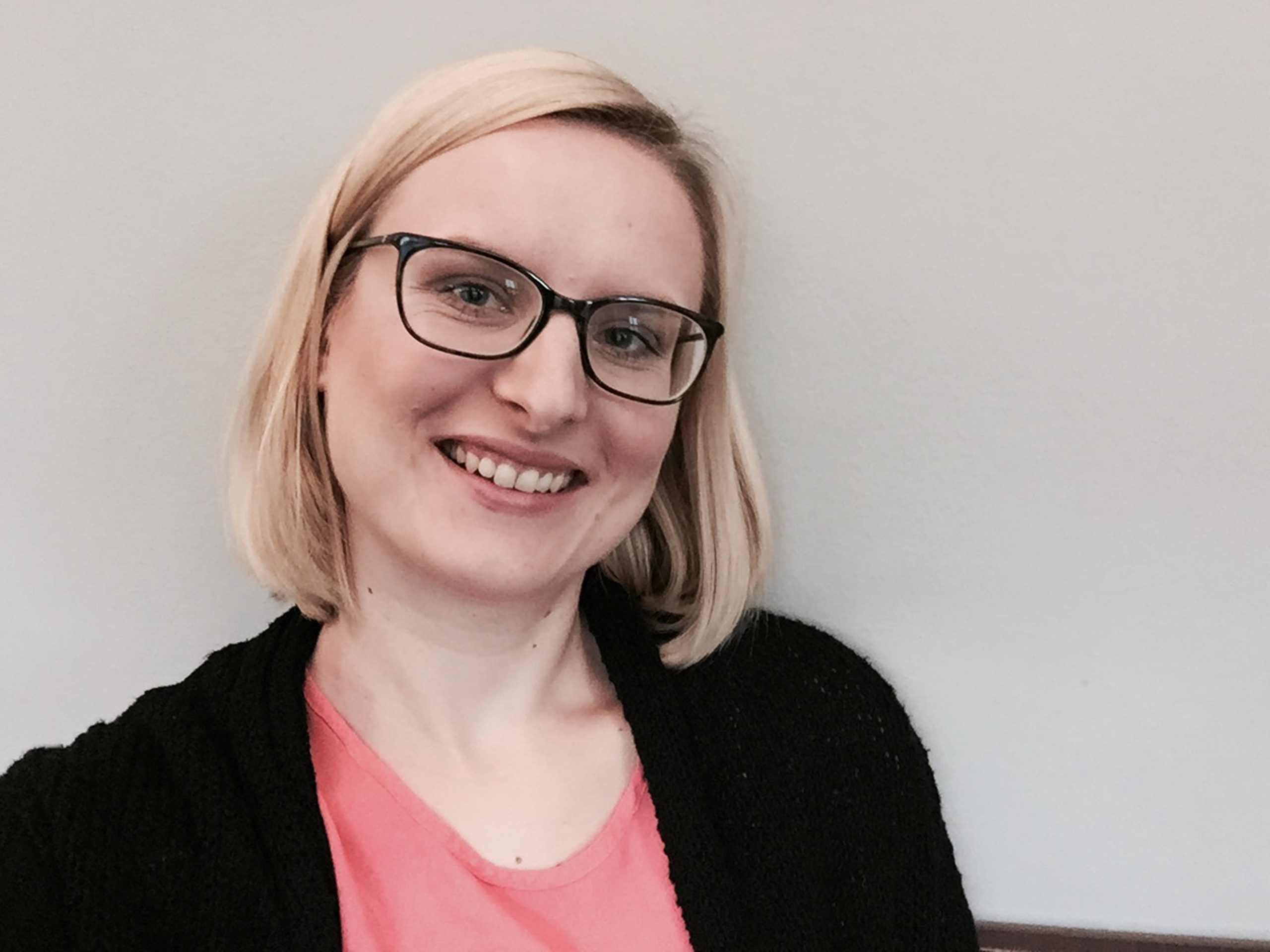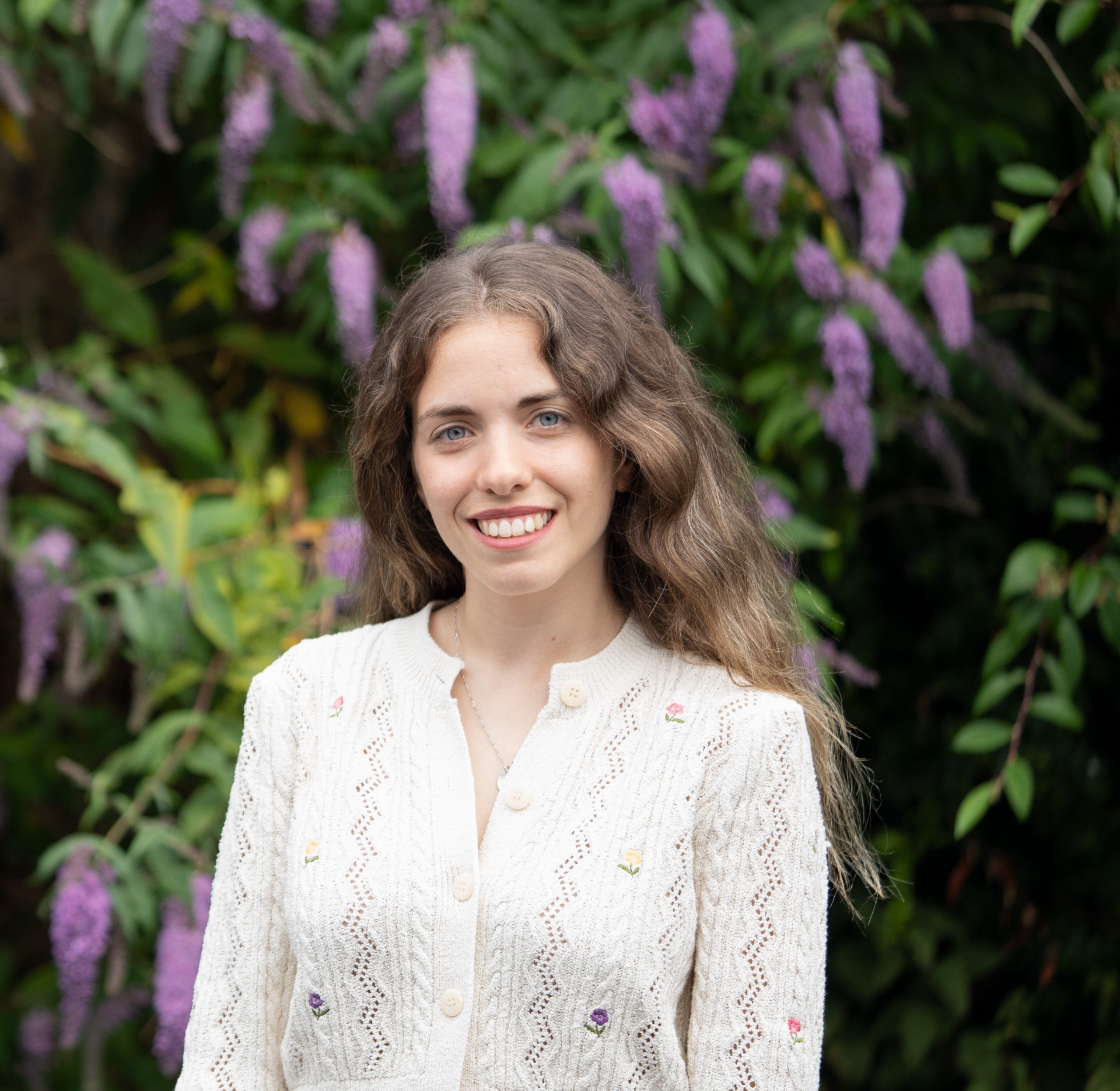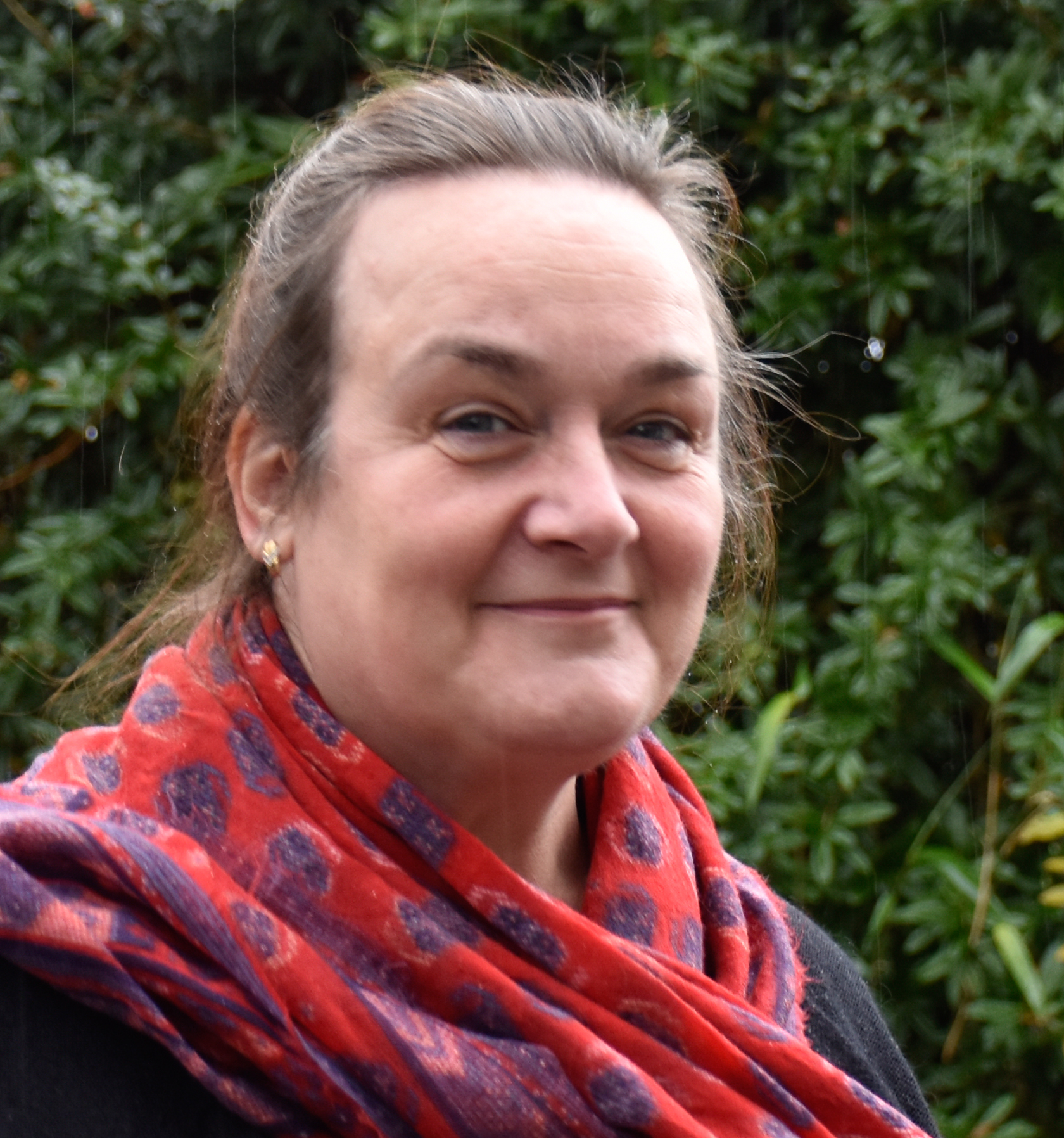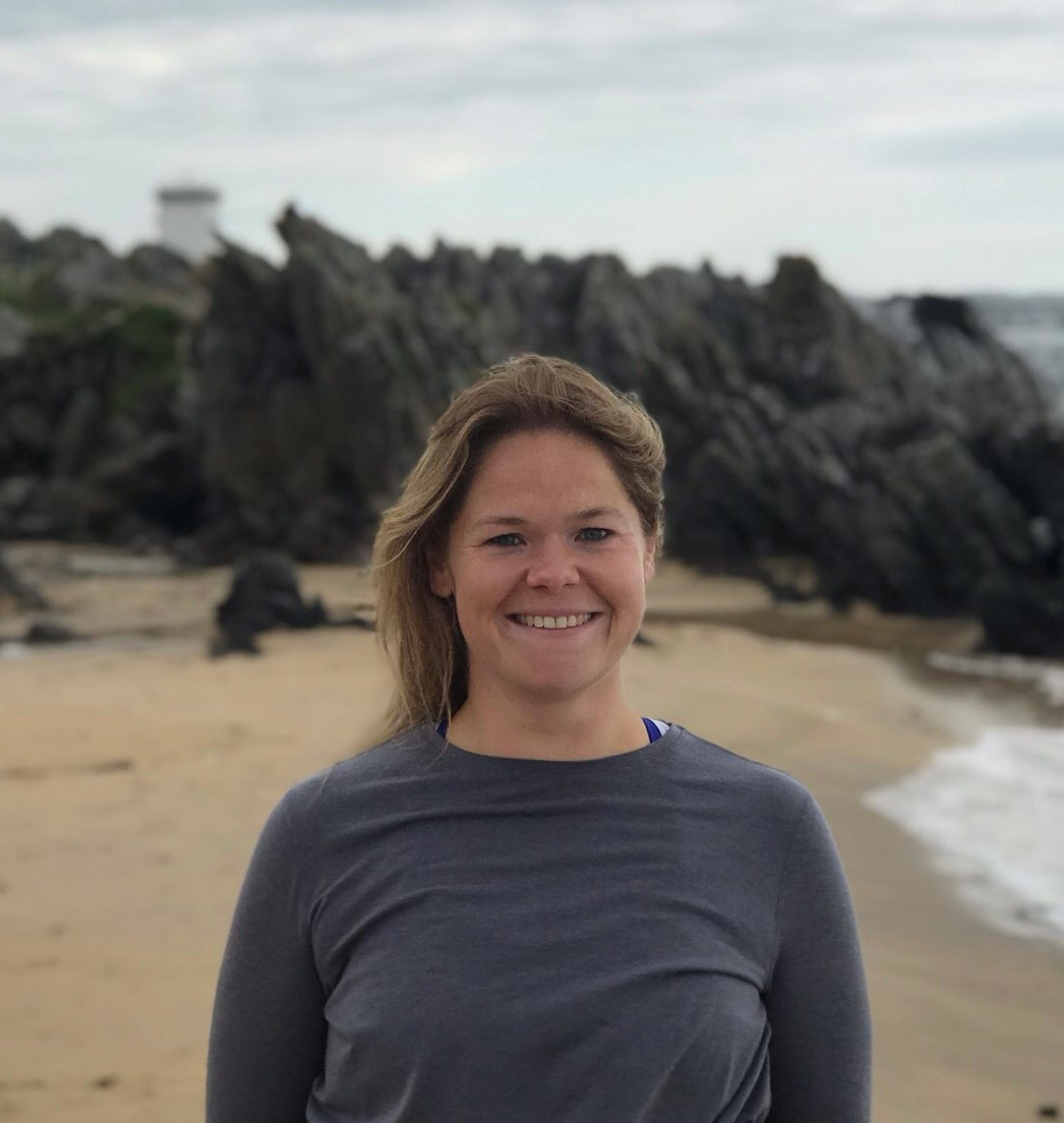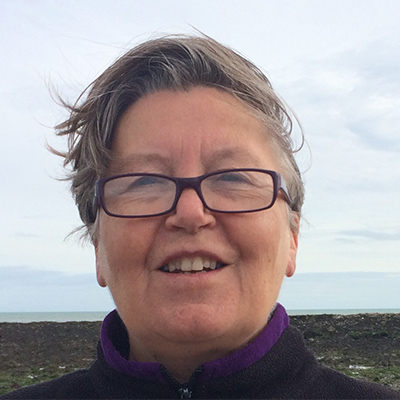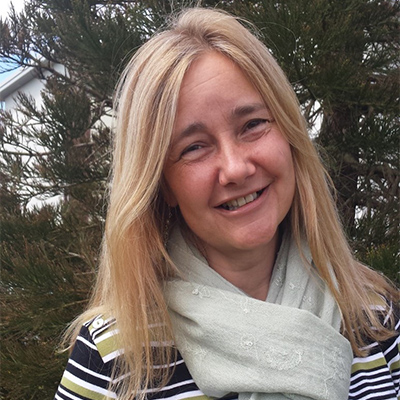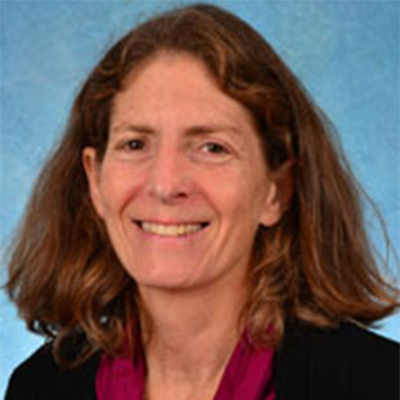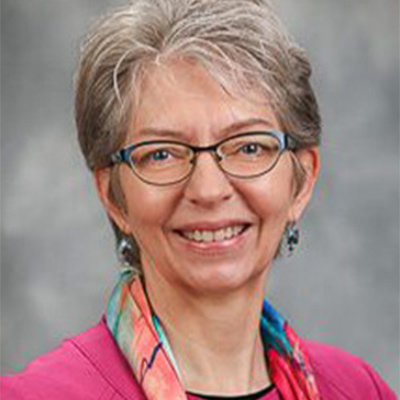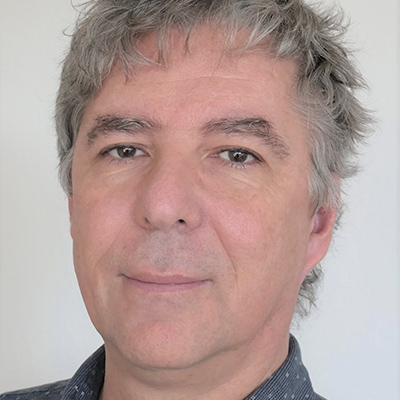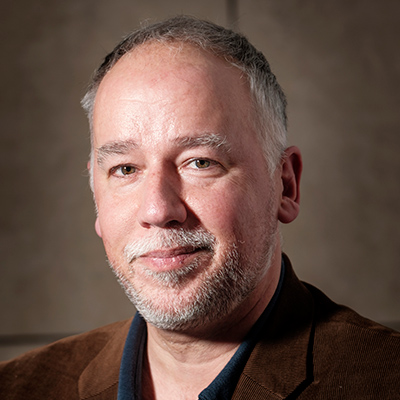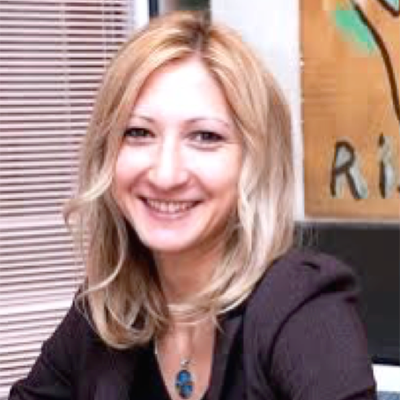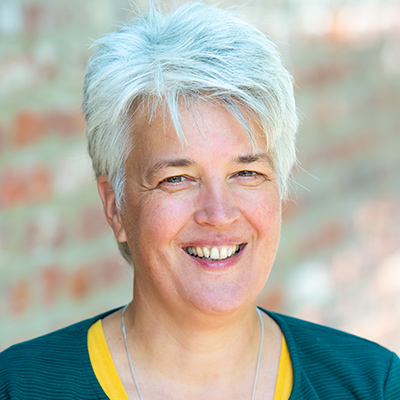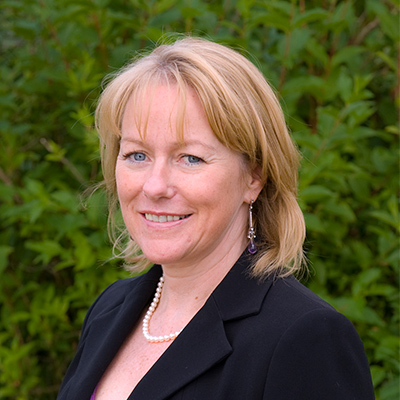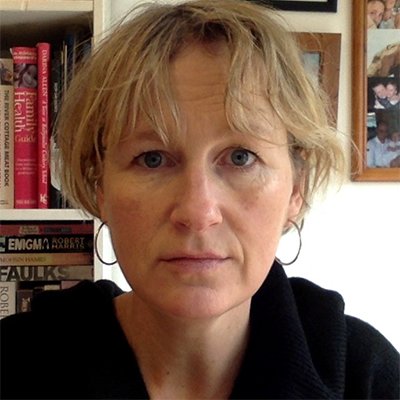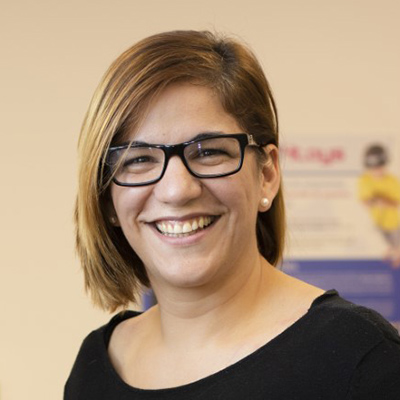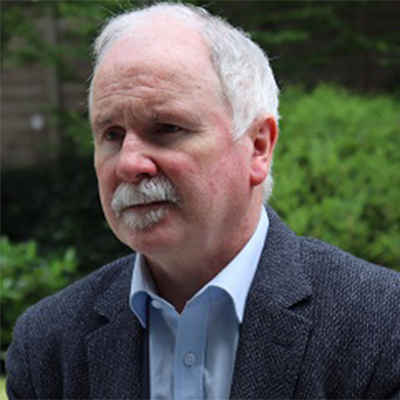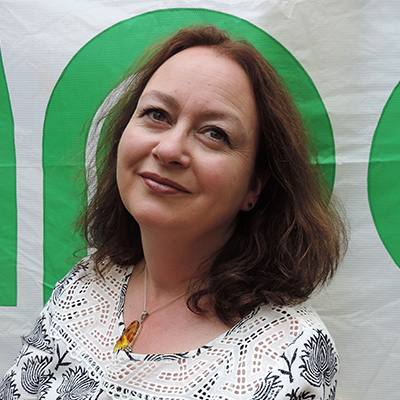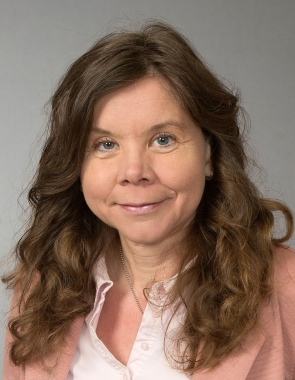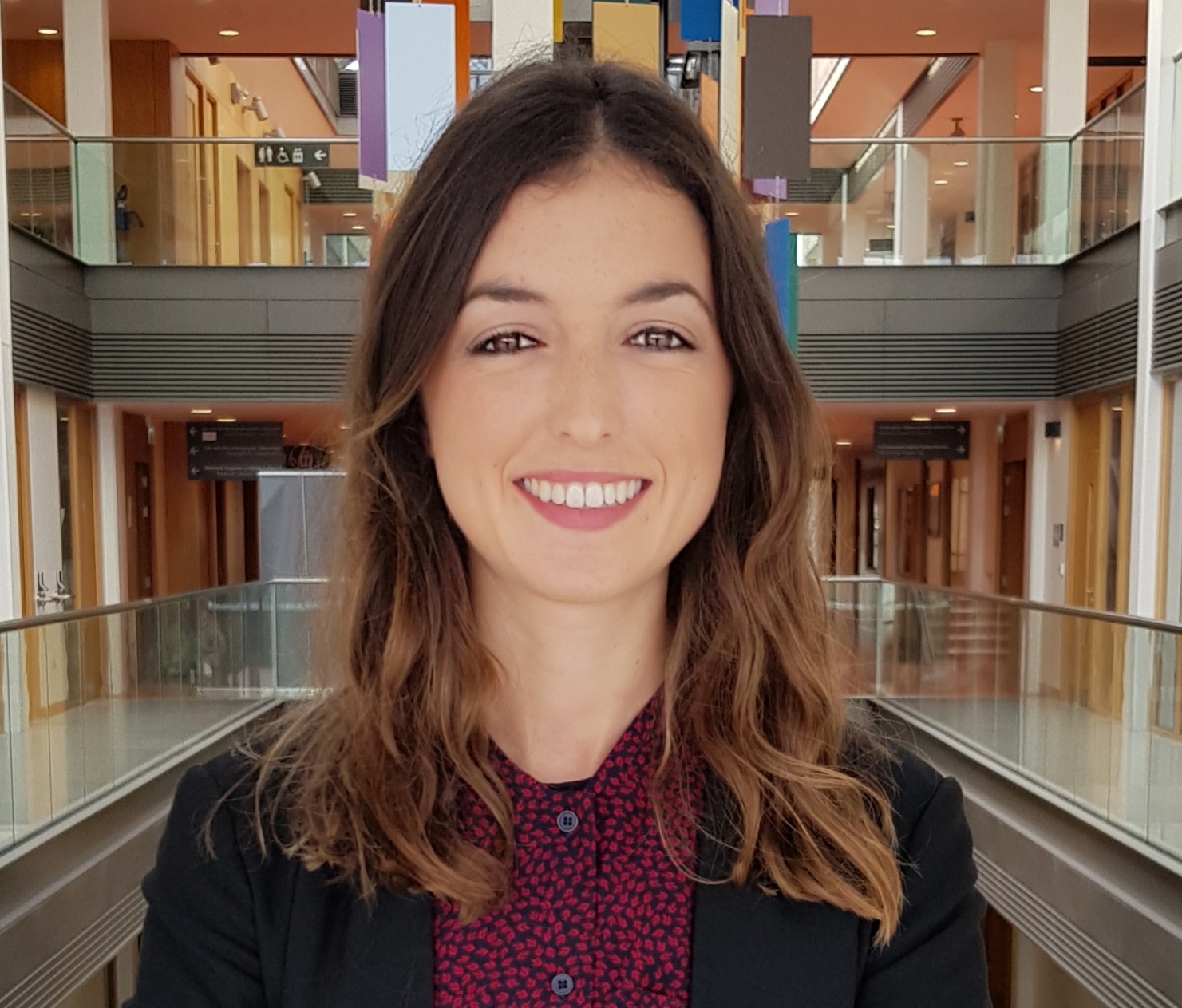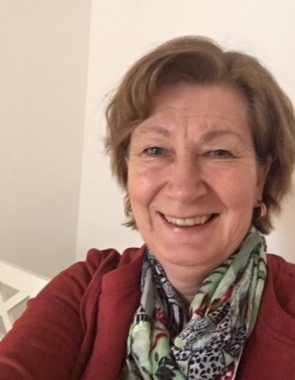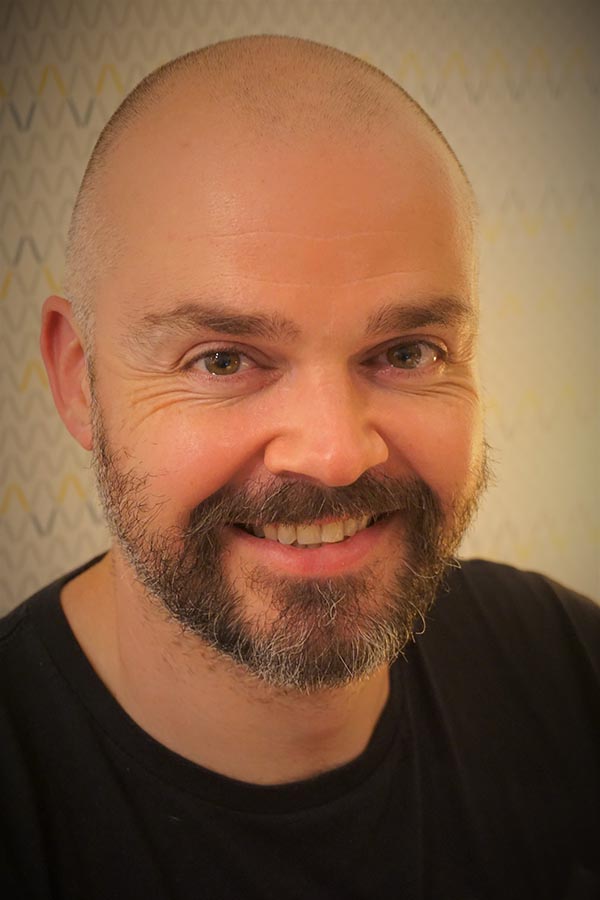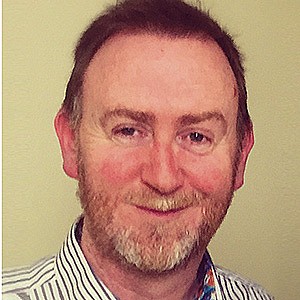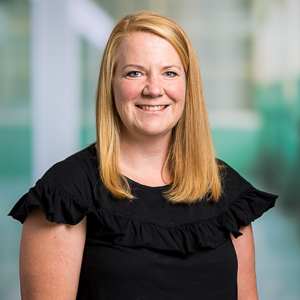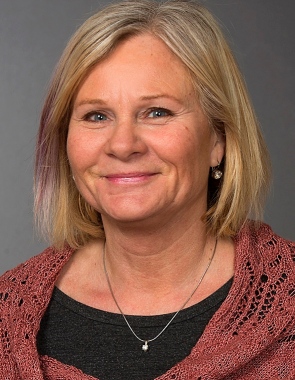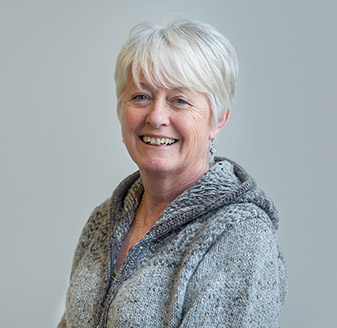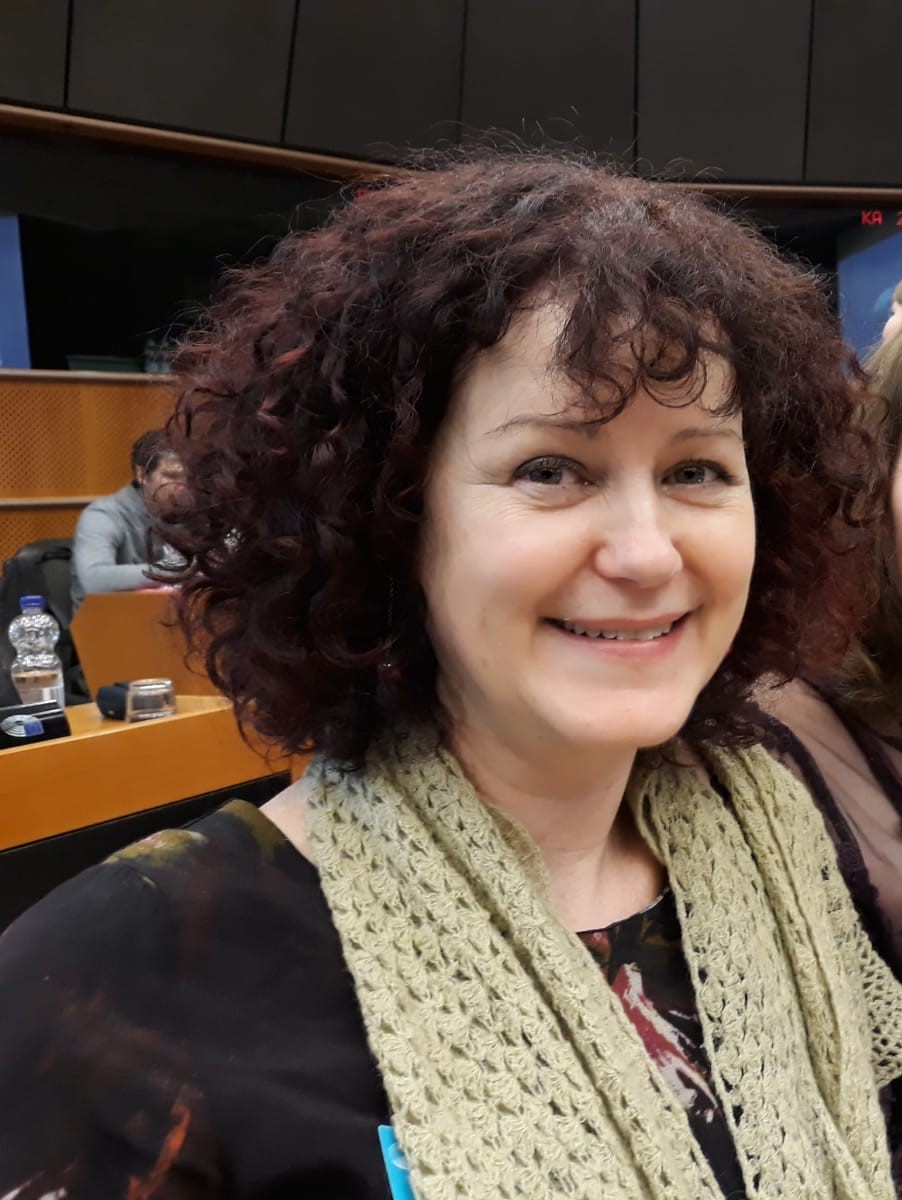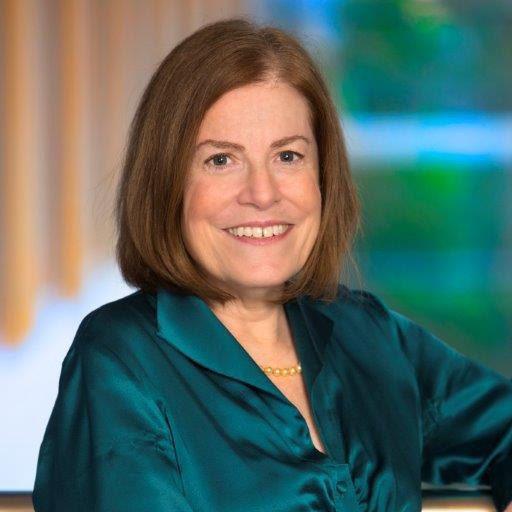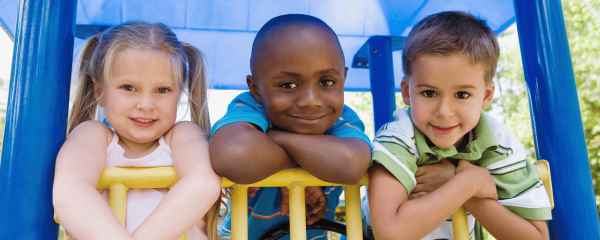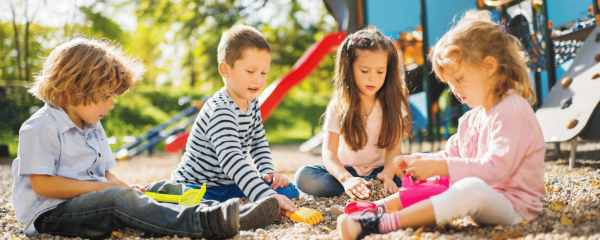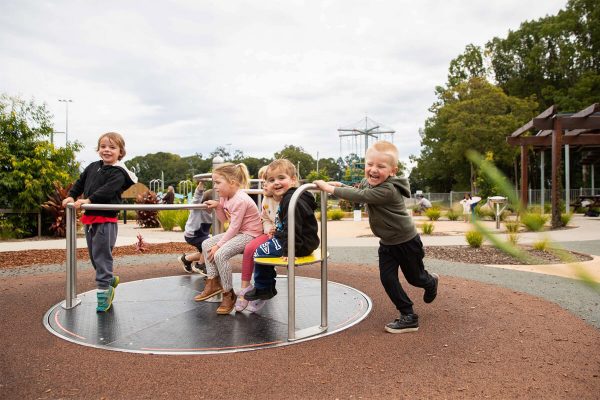Ines Wenger
PhD Candidate - Early Stage Researcher 3
PhD Research title: Designing for play combining Universal Design and natural elements in community playspaces
Through my research I would like to contribute to providing new knowledge about the design of playgrounds that provide play opportunities and a welcoming atmosphere for all children, so called inclusive playgrounds. Thereby the research project brings together the perspectives of playground users and designers by combing the perceptions of children with diverse needs and their advocates, people involved in playground design and experts in Universal Design, to enhance play value and social inclusion on playgrounds.
So far, I have looked at children’s and advocates’ perspectives, as well as designers’ perspectives. I gathered the perspectives of advocates for children with disabilities and designers through focus groups. In order to capture the children’s perspective, I am currently conducting a literature review to use a meta-ethnography to show what children’s needs and experiences are in relation to play value and inclusion in the playground, and what role natural elements play in this.
In order to gather the perspectives of the experts in Universal Design, a Delphi study is planned i.e. I will ask them to anonymously answer some questions in writing.
Preliminary finding from the focus groups show that there are still various challenges in the design of inclusive playgrounds. The understanding of inclusion, attitudes of society towards people with disabilities and the lack of political anchoring of inclusive playgrounds are some of the main barriers to inclusion. However, designers and users agree that for the design of inclusive playgrounds, collaboration between designers and users is crucial in order to best meet the needs of children and their companions.
The research is challenging me to combine the concepts behind universal design and play, in an attempt to develop a bigger picture of how all the individual perspectives are related together.
My secondment partner, the Centre for Excellence in Universal Design, part of Irelands National Disability Authority, is a great support with regard to these challenges.
I am looking forward to the opportunity to deepen my knowledge of Universal Design and to gain a more applied insight into Universal Design and playgrounds, complementing the more theoretical work I have done so far.
Background
Ines Wenger received her Bachelor of Science in Occupational Therapy from Zurich University of Applied Sciences. After that Ines started to work as an occupational therapist in a clinical setting with older adults and then changed into working in a special school setting with children with disabilities. She then did the European Master of Science in Occupational Therapy while continuing working with children in a school for blind and visually impaired children. After that she started to work as a research assistant at Zurich University of Applied Sciences in 2018. In 2021 she was delighted to join P4Play as a PhD student.
Ines’ research interests includes the lived experiences of people, what and why they do and how these doings are interrelated with environmental aspects. She is particularly interested in how the participation and inclusion of groups of people who are excluded from society can be encouraged, such as the participation and inclusion of children with disabilities. In doing so, she wants to orient her research towards the needs of children with and without disabilities and is particularly interested in participatory methods in order to do research with children, not about them. Her specific research interests lie in the participation and inclusion of children with and without disabilities in public spaces and community life, such as playgrounds.
Ines has always been interested in the occupations and lives of people, and how they are related to the environment. Thereby she was particularly interested towards the participation and inclusion of children and adults in occupations relevant to them. After working several years with children with different disabilities and having completed her Master of Science in Occupational Therapy, she wanted to pursue her interest in research in general and deepen her knowledge in occupational science. Chance would have it that she had the opportunity to join a research project that investigated children’s use and perceptions of playgrounds. At the same time, she could witness how a new playground was built for blind and visual impaired children that was also open for the community. It was a pleasure to see how many children visited the playground on Wednesday afternoon – the traditional afternoon children are free of school in Switzerland. The children enjoyed the many play opportunities the playground offered, and from observing the parents she had the impression that they enjoyed the quiet green space under large trees, to sit and watch their children play, while chatting to other parents. It really was a meeting place in the community. This was the foundation stone for her motivation to look into how such places can be created that can be a meeting place for whole communities. P4Play then gave her the opportunity to deepen this interest and also to explore her knowledge of occupational science and how children experience play as occupation.
Peer-reviewed publications:
Wenger, I., Schulze, C., Lundström, U., & Prellwitz, M. (2021). Children’s perceptions of playing on inclusive playgrounds: A qualitative study. Scandinavian Journal of Occupational Therapy, 28(2), 136–146. https://doi.org/10.1080/11038128.2020.1810768
Wenger, Ines; Prellwitz, Maria; Lundström, Ulrica; Lynch, Helen; Schulze, Christina, 2022. Designing inclusive playgrounds in Switzerland : why is it so complex?. Children’s Geographies. https://doi.org/10.1080/14733285.2022.2077093
Oral conference contributions:
Wenger, I., Schulze, C., Lundström, U., & Prellwitz, M. (2021, September). Can we play together? Inclusive playgrounds as an example to enhance resilience in public spaces. Paper presented at the Second COTEC-ENOTHE Congress, Prague (virtual)
Wenger, I. (2022, August). Playgrounds for all! The centrality of the social environment in playground design. Paper presented at the 18th WFOT Congress, Paris.
Wenger, I., Prellwitz, M., Schulze, C. (2022, August). Start the inclusive playground r-evolution: Identifying aspects to promote social inclusion. Paper presented at the 18th WFOT Congress, Paris.
Wenger, I., Prellwitz, M., Schulze, C., & Lynch, H. (2022, August). Playspaces within playspaces: exploring children’s experiences of play occupations within playgrounds. Paper presented at the World Occupational Science Conference, Vancouver.
Poster conference contributions:
Loudon, F., Wenger, I., Boyle, B., Larsson-Lund, M., Prellwitz, M., Lynch, H., & Schulze, C. (2021, June). P4PLAY: Researching people, place, policy & practice for play from the lens of occupional science: Oh’ the places you’ll go: Adventures outdoors and in digital playgrounds. Paper presented at Play 2021, Birmingham (virtual).
Wenger, Ines; Morgenthaler, Thomas; Schulze, Christina, 2021. If I could build… : empowering the voices of children with disabilities in playground planning. Paper presented at 3rd Annual Meeting of the Swiss Society for Early Childhood Research, Zurich, 23-24 November 2021
Wenger, I., Prellwitz, M., Schulze, C., & Lynch, H. (2023, August).Belonging on playgrounds: focusing on children’s play occupations to enhance inclusive design. Presented at OSE 2023
Wenger, I., Prellwitz, M., Schulze, C., & Lynch, H. (2023, June ) Creating inclusive environments for play: Can Universal Design address children’s needs and wishes? Presented at the 22nd International Play Association Triennial World Conference in Glasgow.
Non published content:
P4Play, Ines Wenger presents her PhD-Project – YouTube
Weise, A. 2022. Occupational Science aus der Perspektive von drei Studierenden des europäischen Doktoratsprogramms P4PLAY [Occupational Science from the perspective of three students of the European PhD programme P4PLAY].ergoscience, 17(2): 74-75
Stettler, S., Haas, M., Wenger, I., Egger, S.. & Schulze, C., 2022.
